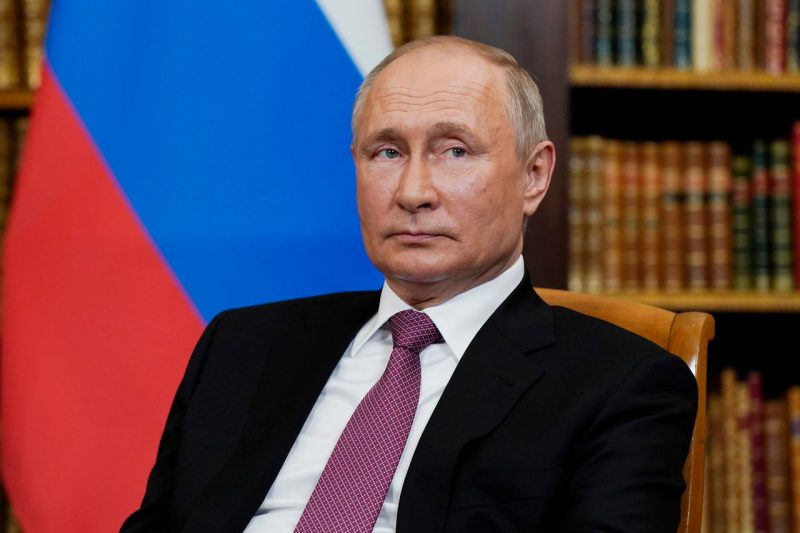In a noteworthy development, Russia has officially incorporated its digital ruble into the national tax code, signifying a pivotal advancement in the broader acceptance of the central bank digital currency (CBDC). President Vladimir Putin’s approval of this measure underscores the government’s dedication to overcoming economic challenges, including sanctions, through inventive financial solutions.
The Digital Ruble and Financial Autonomy
Russia’s initiative for the digital ruble has gained momentum as a strategic response to economic sanctions imposed due to the country’s actions regarding Ukraine. By integrating the digital ruble into the tax code, Russia aims to fortify its financial resilience by establishing an alternative method for conducting transactions that is less vulnerable to external limitations.
The Legislative Process
The path towards acknowledging the digital ruble in the tax code commenced with President Putin enacting the digital ruble bill into law in July. This legislative milestone paved the way for the formal inclusion of a “digital ruble account” in the tax code, accompanied by comprehensive regulations for taxing transactions involving digital rubles.


The Pioneering Role of the Bank of Russia
The Bank of Russia has played a pivotal role in the development and execution of the digital ruble project since its initiation in 2020. As a central bank digital currency, the digital ruble holds the potential for enhanced financial inclusion, efficiency, and security.
Key Provisions of the Updated Law
The recently integrated digital ruble framework provides authorities with tools to supervise and manage transactions involving digital rubles. In instances where a taxpayer lacks sufficient funds in their bank accounts, the law empowers authorities to recover digital currency. Furthermore, authorities have the discretion to suspend transactions on digital ruble accounts. It highlights the government’s commitment to ensuring the responsible use of the CBDC.
Also Read: BRICS: Russian Oil Exports to India Rise 2,200%, Saves Them $7 Billion
Emphasizing Accountability and Transparency
To uphold accountability and transparency, the law mandates that platform operators furnish documents reflecting any funds debited from a taxpayer’s account. This further action aligns with global endeavors to establish a robust regulatory framework for digital currencies. Additionally, it strikes a balance between innovation and the necessity for financial oversight.
Looking Forward
Russia’s Central Bank has outlined a plan that permits citizens and businesses to utilize the digital ruble “at their own request” from 2025 onwards. This phased approach is designed to facilitate a seamless transition, affording stakeholders ample time to adapt to the evolving digital financial landscape.
The integration of the digital ruble into Russia’s tax code marks a transformative moment in the evolution of digital currencies on the global stage. President Putin’s endorsement not only formalizes the legal standing of the digital ruble but also positions Russia as a trailblazer in leveraging CBDCs to tackle economic challenges. Furthermore, as the nation progresses toward the widespread use of the digital ruble, the impact of this innovative financial instrument on Russia’s economic landscape and its influence on the broader adoption of digital currencies worldwide remains to be seen.
Also Read: Russia Proposes Export of Mined Cryptocurrencies





